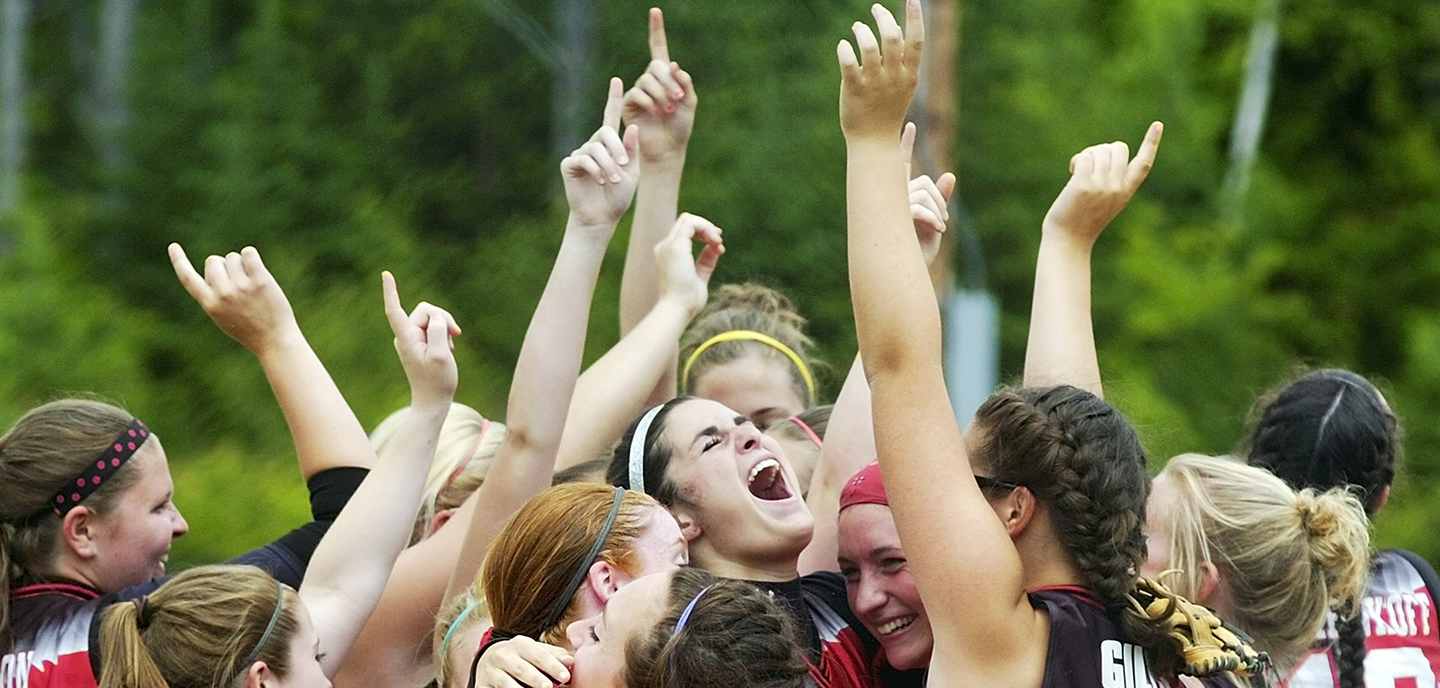Robert Waldinger is the Director of the Harvard Study of Adult Development, a 75-year-long comprehensive research project that has followed the lives of 724 men since 1938.
In a recent TED talk, Waldinger discussed the studies’ ongoing results, then provocatively asked his audience to consider: “If you were going to invest now in your future best self, where would you put your time and your energy?” In other words, what could you do now to produce happiness in the future?
Surprise! The Harvard study overwhelmingly reveals that the good life doesn’t come from money or celebrity, but from a well-worn path “as old as the hills.”
The video is worth watching in its entirety, but we can summarize Waldinger’s assertions in the following statements: 1) Over the course of life, interpersonal relationships are of utmost importance in the quest for happiness, 2) the quality (not just quantity) of one’s close relationships really matters, and 3) solid relationships actually protect our brain functioning later in life.
What It Means for Kids in Youth Sports
As the month of March breaks upon us, so does spring soccer, AAU basketball, and youth baseball. Perhaps because I am father to four kids between the ages of five and fifteen and both a youth baseball and high school basketball coach, I found myself asking, “What is the best thing I can do for all these kids in light of this study?"
Get our "Top Articles" sent to your inbox weekly.
What does 75 years of research on happiness have to do with the world of sports we find ourselves navigating today?
What would it look like to encourage our kids to develop their relational intelligence, to develop their ability to connect with other people, especially given the built in opportunity to do so while on a team? Here are a few thoughts to that end.
Talk to our kids about learning how to be a friend
Waldinger cites a recent survey done amongst Millennials in which 80 percent set as their life goal getting rich, while another 50 percent want to become famous, believing these are the surest paths to happiness.
In an age when the prospect of one’s fifteen minutes of fame is just a viral video away, the opportunity for mass social attention—and hopefully some form of happiness—seems constantly within reach.
It sounds ridiculous, but we need to make the value of relational connecting a subject for our kids. It won’t just happen by accident—we need both to live and articulate this vision for our kids—but with a little effort we can cover a lot of ground just by initiating the conversation.
We can purposely articulate the superficiality of fame and wealth and help them appreciate the value of learning to relate well with other people.
We can talk to them about initiating conversations to learn about their teammates.
We can talk to them about what it means to be a good teammate in general.
We can plant the value of serving instead of being served.
These are just a few tangible examples of what it looks like to be a friend. Don’t assume our kids already know the importance of being this kind of person.
Create space to connect with those who are present
This will sound crazy, but before learning to connect meaningfully in relationships, we actually need to have space and context to do so. Part of the threat to our kids ability to relate is their inability to simply be fully present with their teammates without any technological buffer.
They seem to need their cell phones, their headphones, their tablets when they are with teammates like a chain smoker needs cigarettes. It becomes an unthinking, default reaction—get with my teammates, pull out a form of technology to leave their presence.
It’s not immediately popular, but many coaches make team contexts tech-free zones: “When we meet as a team or are participating in something with teammates, no phones, no headphones, nothing that separates you from what we are doing. You can pull them back out when we’re finished, but while we’re together, we’re fully present to each other.”
What could this look like in your car on rides to games? In your living room when teammates come over? When eating at post-game functions?
Who will have the courage to say, “Hey, let’s shut the phones down while we’re here,” and then ask questions to model what it looks like to have direct conversations?
Train your kids to initiate conflict resolution
It’s not easy. We rarely meet someone who likes conflict. Perhaps even rarer is the person who thinks they are good at resolving or mediating hard interpersonal situations, whether it directly involves them or they are helping someone else.
But built into the equation proposed by Waldinger—that meaningful relationships equal personal health and happiness—is the necessity of working through difficult moments with those same people.
We have to teach our kids how to forgive and to request forgiveness from others. We need to train them with sentences like “I was wrong. Will you forgive me?” and “Can we talk about something that’s been bothering me?” early in life if they are to have a chance at relational health later.
What if we encouraged our kids to deal with conflict with other players face to face, to initiate with coaches themselves if they are feeling a tension, to hang in there during rough stretches with a team instead of looking for another one as soon as it gets tough?
What Do You Think?
None of this is easy, but if the Harvard study is true, then both we and our kids stand to gain from our stumbling attempts to develop our relational intelligence.
Let’s approach the spring sport season with a strengthened perspective on the importance of relationships in the development of our kids and their future happiness. It’s worth it for everyone.














